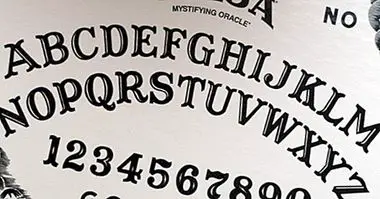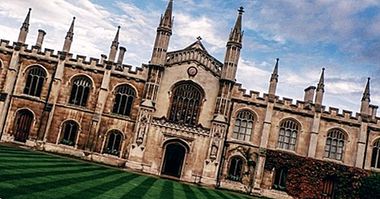Antinatalism: the current against the birth of more human beings
For centuries the idea of leave offspring and make the society in which you live expand It has been seen as something good.
However, in recent times is becoming popular a way of thinking that having children is undesirable, not only for the demographic problems related to overpopulation, but for a kind of nihilism and vital pessimism closely related to a belief: the Human species should cease to exist. It's about anti-natalism .
What is antinatalism?
Antinatalism is an ideology from which the birth of more human beings is seen as a political, ethical or social problem. Fundamentally, from this ideological position is encouraged not to leave offspring or reproduce in any way.
Thus, it is not a movement contrary to sex or favorable to suicide; simply, it is defended that the human population must decay or even disappear due to natural causes once it has reached the point where no more people are born.
The origins of this philosophy
The first anti-natalists appeared in the 19th century with the publication of the works of Thomas Malthus , who detected the presence of demographic crises produced by the decompensation between available resources and quantity of population.
Thus, antinatalism was a position closely related to the economy. However, with the development of existentialism this idea was transformed into something that was part of a philosophy of life.
The pessimistic anti-natalism
Antinatalists who appeared in the twentieth century, unlike the previous ones, drank from a philosophical principle, not economic. They started from the fundamental question about what is the meaning of life and concluded that, in the same way that we can choose to make our life something worthwhile by creating a meaning for our own existence, it is also legitimate to suppose that we should not force others to come into existence and make decisions of that kind , which can produce a lot of pain.
Thus, the anti-natalism that drinks from existentialism starts from the idea that living is not essentially better than not doing it, and that even the fact of creating life can be criticized. Somehow, antinatalists take into account the worst possible situation (one in which a minority can make their life something worthwhile) and acts consistently when judging whether having children is good or bad.
Avoid possible suffering
Currently, this type of antinatalism is reflected in people or couples who decide not to have children so as not to give the possibility of having an unhappy son or daughter. It is also reflected in the work of writer and teacher David Benatar: Better Never to Have Been.
These positions have a lot to do with how we perceive the quality of life of our societies or how we judge how well or badly others behave: how much they help each other, how much they lie, etc. They are not decisions made in an introspective way , but looking around and reflecting on whether the place where you live is appropriate to bring life to the world.
Misanthropy
Another variant of the way of thinking linked to anti-natalism is based on misanthropy. The idea here is not based on a rational economic or political decision, but moral; as part of the idea that the human being is despicable or, in any case, something opposed to the good, the logical thing is to defend that there are no more births .
This way of thinking has been used both in political movements linked to animalism and veganism and in environmental groups , although its influence is very limited. The aim is to protect all the good things that exist in nature, preventing the human being from corrupting it, either degrading the ecosystems of the planet or through animal exploitation.
For example, the Voluntary Human Extinction Movement is an example of extreme anti-natalism motivated by reasons linked to environmentalism: it is offered as an organization in which efforts are coordinated to cause the human population to decrease until it disappears, leaving nature free from the influence of civilization.
- Maybe you're interested: Are you a misanthrope? 14 traits and attitudes of these people
Philosophy of life or disorder?
The radical ideas of some antinatalists can make many people wonder if all this is part of a mental disorder. The truth is that no: antinatalism is simply an unusual ideology, and does not appear from delusions or hallucinations; Antinatalists tend to be people with good training and with mental faculties preserved , like any other collective.
In that sense, pretending to attribute their thinking to mental illness is rather an attempt to minimize their opinions through stigmatization for political purposes.
However, antinatalism is related to mental health, since where it occurs it is very possible to experience a difficult discomfort d define and decidedly psychological character; after all, anti-natalists who are not for Malthusian reasons exist because they experience discomfort that they do not want others. Because, these sophisticated thought forms and so linked to abstract ideas are a challenge that must be approached from the world of psychotherapy.



















